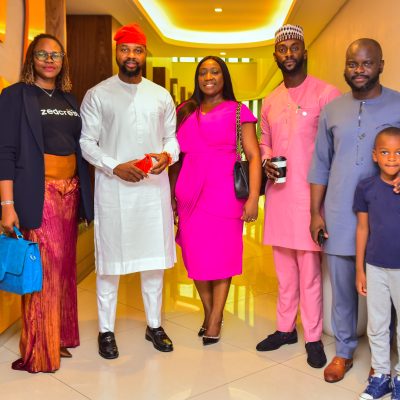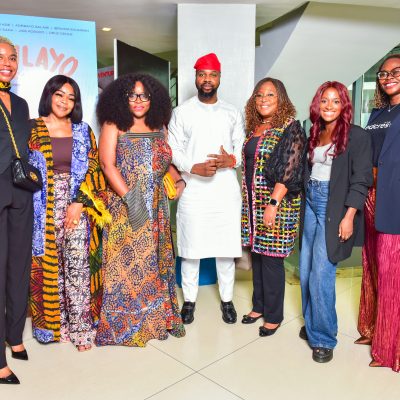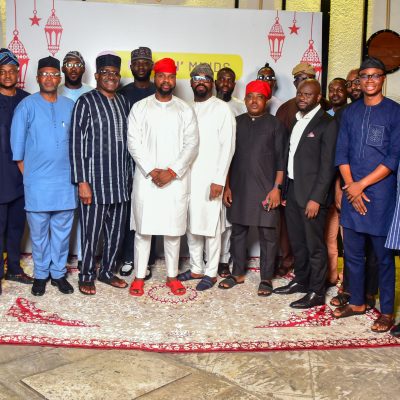Day 3 of the 2017 Social Media Week brought a sharp focus on the role of women in digital. First up was Connected African: Empowering Young Women Through Tech, an event hosted by social creative brand, Purple, which creates content for young people to educate them on the benefits of gender equality. The panelists at the session asserted that getting more Nigerian women connected is crucial, as less than 40% of Nigerian internet users are female.
Director of People and Culture at Andela, Taiwo Judah-Ajayi highlighted the need to put more programmes in place to educate Nigerian women about the countless benefits of being connected. “To improve female participation online, women need to be educated about the benefits of technology from an early age. Every interaction with a young girl should be seen as an opportunity to create more awareness about tech,” she said.
It was agreed that to get more women interested in pursuing tech-related careers, training programmes that target women should be specially designed to help them develop tech skills and build confidence. Also, more successful women in tech need to speak publicly about their successes, so that aspiring female techies can have role models. That way, more women can participate in Africa’s booming tech space by becoming tech founders and pursuing STEM-related careers.
Maya Horgan, Founder of Ingressive, pointed out that statistics support that companies with women tech founders have a higher return on investment compared to their male counterparts. “Women looking to found tech companies can take advantage of online tools and resources to develop the skill set required to be a top woman in tech and always remember that the stats are in your favour as you strive to make a mark,” she said.
On what national stakeholders can do to address the challenges and gaps preventing female online participation and inclusion in tech, Busayo Obisakan, Founder of Women Inspiration Development Center, said, “The government has a responsibility to educate and empower young girls by investing in STEM education programs. Government also has a responsibility to make internet accessible and affordable for everyone.”
At the Rethinking Communications for the Public Sector event hosted by Troyka, panelists agreed that there is a need for an open and transparent line of communication between the government and citizens.
The event was moderated by Oluseyi Akinyoyenu, Director, Sales & Marketing, Serengeti OOH/Troyka and included Wole Ogundare, Account Management Director, Insight Publicis; Babajide Ogunsanwo, Strategy Consultant, The Quadrant Company; Debola Williams, Co-founder, Red Media Africa and Cynthia Ogbonna, Head Media Planning & Strategy at All Seasons Media.
Technology is evolving communication at a rapid rate and public sector communication today needs to be more online than offline. The government needs to be aware that communication with citizens is a priority and not an afterthought.
Wole Ogundare spoke on the need to create an identity. Countries tend to have a single thing that they are known for and their public sector communication pushes a narrative that drives that identity. He encouraged Nigeria to find such an identity. He leaned heavily towards our building one around agriculture.
On the role of the media in public sector communication, Debola Williams, co-founder of Red Media Africa said, “We need to have a media that educates, edifies and empowers.” There is a need to change the narrative and put out the right messages regardless of the bleakness of our reality. Messages of hope will always resonate better with people than messages of doom and gloom.” At the heart of public sector communication is an understanding of the needs of the citizens, communication needs to be tailored to citizen aspirations. Government needs to be receptive to citizen feedback. A major setback to government and public sector garnering trust with the citizens is a perceived lack of open and transparent communication.
Participants were encouraged to hold public officials accountable and continuously provide feedback, which can be used to improve on modes of communication. It was agreed that public sector requires participation from both government and citizens.
Source: Guardian




